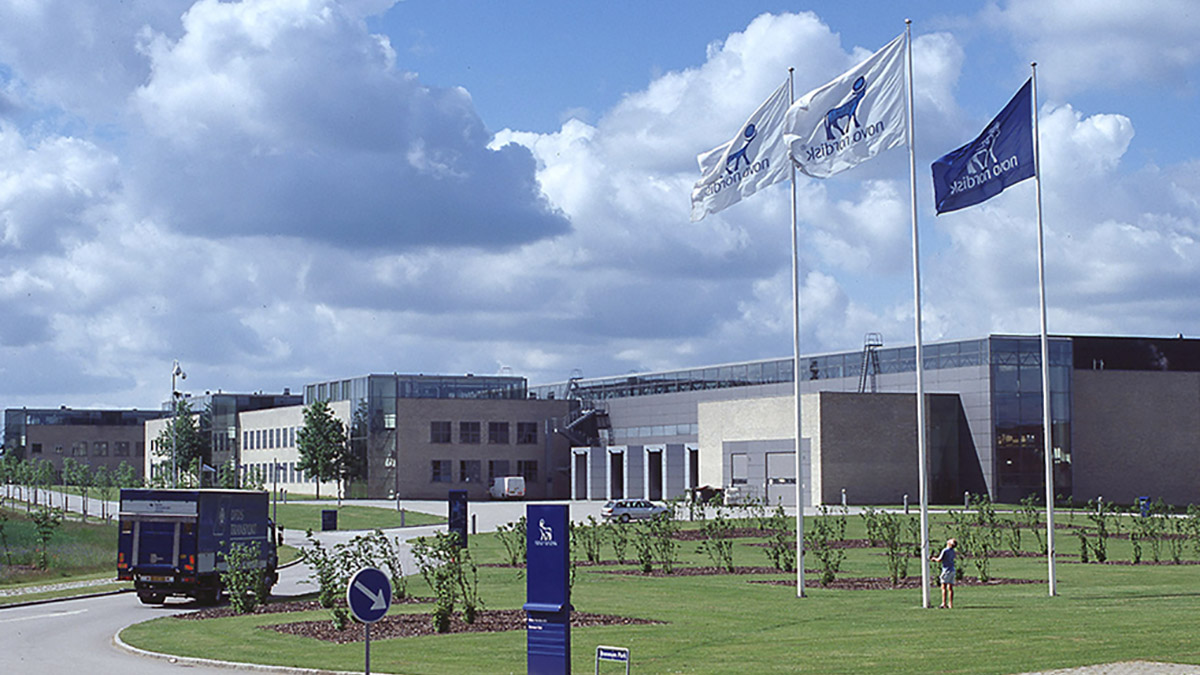Novo Nordisk snaps up RNAi partner Dicerna in $3.3bn takeover deal

Danish drugmaker Novo Nordisk must like what it has seen in its two-year-old alliance with gene-silencing specialist Dicerna Pharma – it has just agreed to acquire the biotech for $3.3 billion in cash.
The two companies have been working together since 2019 to develop multiple RNA interference (RNAi) candidates for disorders such as non-alcoholic steatohepatitis (NASH), type 2 diabetes, obesity and rare diseases.
Novo Nordisk and Dicerna selected the first development candidate from the collaboration earlier this year, a drug for cardiometabolic diseases which is due to start clinical testing in 2022.
The $38.25-per-share deal represents a premium of around 80% on Dicerna's closing price yesterday. Dicerna has been a hot tip for takeover for a couple of years, as the list of approved drugs that work via RNAi has lengthened.
In 2018, Alnylam's Onpattro (patisiran) became the first ever RNAi drug to be approved by the FDA for are disease hereditary transthyretin-mediated amyloidosis (hATTR. Since then, Alnylam has claimed approval for two more RNAis, Givlaari (givosiran) for acute hepatic porphyria (AHP) and Oxlumo (lumasiran) for primary hyperoxaluria type 1 (PH1).
RNAi uses small RNA molecules to bind to messenger RNA, which is responsible for synthesising proteins, and either destroy it or recruit other cellular factors that regulate its activity.
Dicerna's GalXC platform allows for subcutaneous administration of RNAi drugs without using formulation components such as lipid nanoparticles to aid delivery, one of the key obstacles to successfully developing RNAi drugs.
Once in the blood, the GalXC molecules travel to the liver, where they enter hepatocyte cells and can switch protein production on or off.
The platform has already attracted a series of big pharma partnerships with the likes of Roche, Eli Lilly, Boehringer Ingelheim and Alexion (now part of AstraZeneca).
Taking control of Dicerna will give Novo Nordisk rights to its lead drug nedosiran for primary hyperoxaluria, an ultra-rare and life-threatening genetic disorder that affects the kidneys and can lead to renal failure, which is in late-stage development.
Dicerna reported positive top-line data from that study in August and has said it intends to file for approval of the drug with the FDA in the first quarter of next year. If approved, it could become a $500 million-a-year product, according to the company.
Other wholly-owned projects include belcesiran for alpha-1 antitrypsin deficiency-associated liver disease (AATLD) in early-stage clinical development, and DCR-AUD which recently started a phase 1 trial in alcohol use disorder (AUD).
The transaction is expected to close in the fourth quarter of this year.











